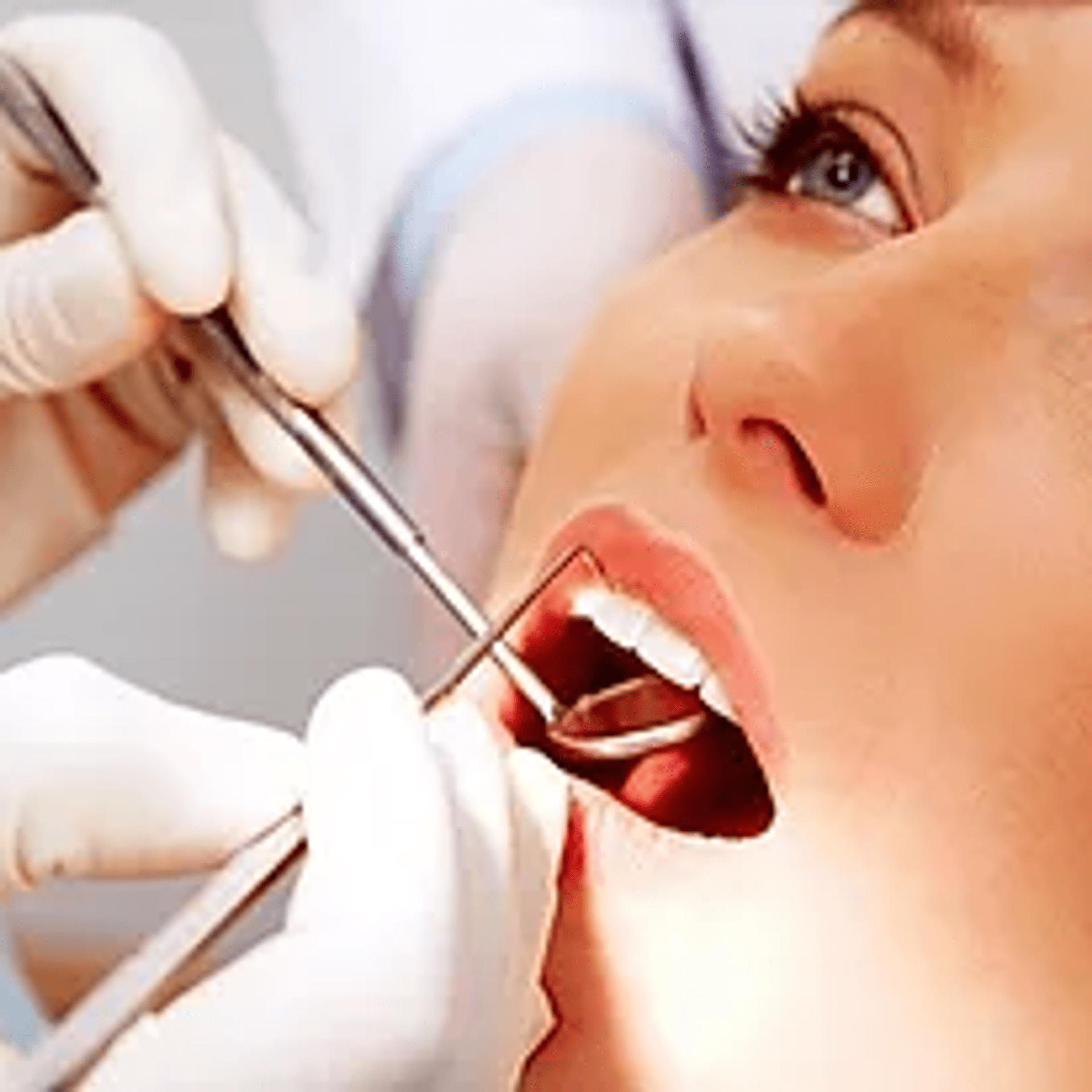
What is fissure sealant?
A fissure sealant is a safe plastic like material that is painted on to the chewing surfaces of the back teeth (molars and premolars) and acts like a physical barrier to help "seal out" germs and food that cause tooth decay and destroy tooth structure.
.png)

How can you prevent dental caries?
Being careful with how often you eat sugary foods or have sugary drinks.
Brushing and flossing your teeth carefully to reduce the amount of bacteria (in plaque) on their surfaces.
Using fluoride toothpaste – this will make the surfaces of teeth more resistant to acid.
Attending regularly to dental checkups for professional cleaning and early detection of problems
What causes a cavity?
.png)

When should it be done?
The first permanent back molars are usually sealed between 6 and 7 years of age. If required the rest of the molars are usually sealed as soon as they appear which can be any time between 11 and 14 years.
Do the teeth need special care afterwards?
.png)